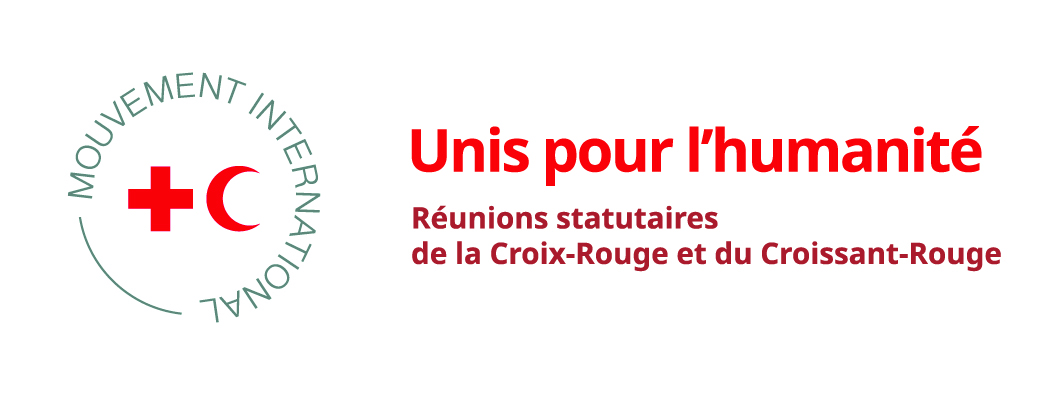Mesures prises:
- Brazil has been an advocate for consensus building on humanitarian responses and has been vocal about the obligation of full compliance with IHL by all parties to armed conflict, particularly the obligation to protect civilians and humanitarian personnel.
- Humanitarian response and promotion of human rights was one of the seven priorities established by Brazil for its 2022-2023 term in the United Nations Security Council (UNSC). Brazil has continued to advocate the strict respect for IHL and International Human Rights Law with a focus on prevention, through mediation and Peacebuilding, and on the protection of civilians.
- In the UNSC, Brazil’s decisive engagement and support for the adoption of Resolution 2664/2022 stand out. The resolution provides a “humanitarian carve-out” ? a standing humanitarian exemption ? to the asset freeze measures imposed by United Nations sanctions regimes. Its adoption marked a milestone in the history of the United Nations by creating conditions for the effective delivery of humanitarian goods such as food, medicine, and basic survival items to civilians, often the most affected by the unintended consequences of sanction regimes.
- Brazil has also played a prominent role in the conclusion and adoption of the “Political Declaration to strengthen the protection of civilians from the humanitarian consequences arising from the use of explosive weapons in densely populated areas,” endorsed by 77 countries at a ceremony in Dublin, Ireland, in November 2022. The Document outlines concrete actions to ensure due diligence in combat operations in densely populated areas, following the principles of distinction, proportionality, precaution, and humanity, with special attention to the impact on civilians. It also establishes commitments related to the actions of the Armed Forces, especially their training in IHL and adherence to the precautionary principle in the planning of military operations, which coincide with practices already well-established in Brazilian military doctrine.
- In 2019, Brazil has established a Strategic Dialogue with the ICRC, which has allowed for frank and open discussions on some of the most pressing humanitarian challenges. Since then, a number of bilateral high-level meetings have been held, and President
Mirjana Spoljaric Egger visited Brazil in May 2023. In December, Brazil and the ICRC signed a new headquarters and cooperation agreement, strengthening bilateral relations and national compliance with IHL. - In 2023, Brazil has recreated its national commission for the dissemination and implementation of IHL in a more flexible structure, to allow Brazilian government and other stakeholders to pursue a more dynamic set of initiatives, engage different actors and better respond to challenges relating to IHL implementation. For 2024-2025, the Commission has approved the following programme of work:
-
- lethal autonomous weapons systems and its need of regulation in Brazil;
- the protection of Red Cross and Red Society Emblems, both during armed conflicts and in times of peace; and
- implementation of the 1954 Convention.
- In December 2023, Brazil was elected to one of the 12 seats on the Committee of the 1954 Hague Convention for the Protection of Cultural Property in the Event of Armed Conflict (Hague Convention), along with its two Protocols from 1954 and 1999. During its 4 year mandate, Brazil aims to contribute to enhancing the political weight, representativeness, and dynamism of the agenda discussions. Brazil’s position in defense of multilateralism, peace, and IHL are important elements for the development of the Convention at this time.



